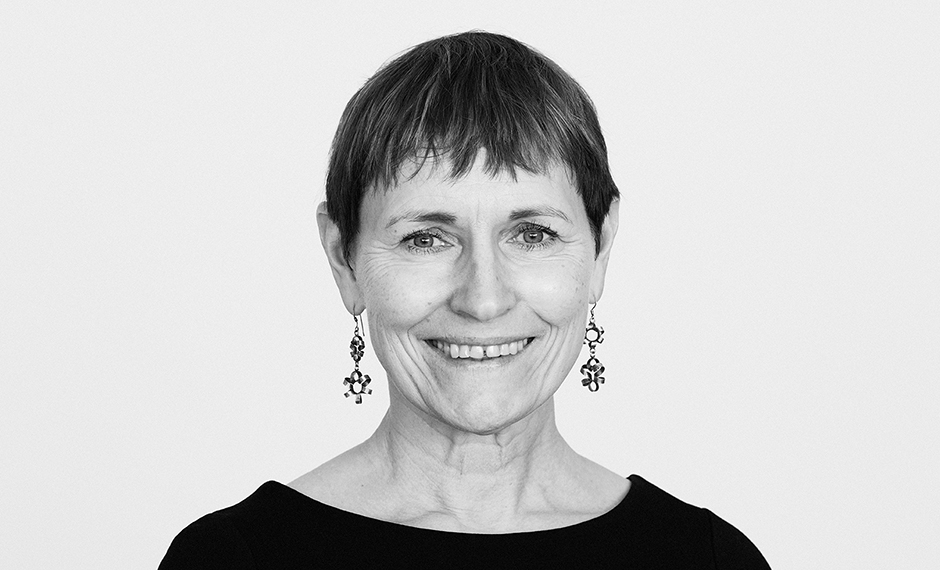In the wake of the Covid-19 pandemic, there has been a surge in false claims about the new coronavirus and its origins. Many warn that this misinformation could be as dangerous to society as the pandemic. But there are a number of initiatives and methods available to counter the infodemic. Secretary General of VA (Public & Science), Cissi Askwall, shares some examples and tips on how to fight the coronavirus infodemic.

An infodemic or a rumour epidemic is an excessive amount of information, both true and false, which spreads rapidly in many different channels. We are currently in the midst of such an infodemic about the ongoing pandemic. As it is so important that accurate information is accessible to everyone in society, the infodemic can have dangerous consequences.
The World Health Organization (WHO) has identified four areas that are particularly sensitive to rumours and misinformation:
- the origin of the virus and the disease
- the symptoms and modes of transmission
- available treatments and
- the effect of various measures to slow down and tackle the virus.
In order to be able to assess whether information is reliable, we all need to practice source criticism. Below are some suggestions of initiatives and steps you can take as the infodemic spreads.
Check claims about Covid-19
There are several international websites that have been initiated by researchers to investigate and reveal false claims about Covid-19, such as Covid19misinfo.org. The organisation Ecsite, a network for science centres and museums in Europe, has also published a series of articles about how those working with communication can counteract fact resistance, fake news and misinformation.
Use a evidence-based method of source criticism
A good starting point for digital source criticism is to use the three questions that have been developed and tested in scientific studies, and which are part of a tool called the News Evaluator.
- Who is the sender of the information and what are their motivations?
- What kind of evidence is being used to back up claims made in the news?
- What are other independent sources saying about the same news?
Ask ”How do you know that?”
A simple but effective question to ask yourself and others is How do you know that? In partnership with some 80 Swedish organisations, VA (Public & Science) ran the #Hurvetdudet #askforevidence campaign in the run up to the 2018 Swedish election. The purpose was to increase knowledge among politicians and the public about what science is, how research is conducted, how to assess different research findings and why evidence-based knowledge is vital for making informed decisions and positive societal development.
Read a book on how to disarm disinformation
Back in 2012, The Debunking Handbook was published containing a three-step model for dispelling false claims. Recently, during the corona crisis, authors and researchers John Cook and Stephan Lewandowsky have published a new guide: The Conspiracy Theory Handbook, on how to deal with conspiracy theories. Organisations, such as Sense about Science in the UK, whose mission is to challenge misrepresentation of science and evidence in public life, have also been working for a number of years to tackle misleading claims.
Several Swedish researchers have written books on how to tackle knowledge resistance and distinguish between true and false. Emma Frans’ books Larmrapporten (The Alarm Report) and och Sant, falskt eller mittemellan ( True, False or Somewhere In-between), Åsa Wikforss’ Alternativa fakta (Alternative Facts), Arne Jarrick’s Det finns inga häxor (There are no witches) and Mikael Klintman’s Knowledge Resistance are just a few examples published in recent years.
The ongoing pandemic is often described in war metaphors. Governments and healthcare professionals are battling the virus. Different professional groups fight over which is the most effective strategy to reduce the spread of infection. Opponents are accused of sacrificing human life. ”The first casualty when war comes is truth,” said U.S. Senator Hiram Johnson as early as 1917. The phrase is also the title of a book by Phillip Knightley on the difficult work of war reporters.
While the battle against the pandemic continues, we need support to combat the infodemic. It can’t be overcome by vaccines or medicine. Openness, source criticism and access to reliable communication and journalism are therefore more important than ever!
/Cissi Billgren Askwall, Secretary General, VA (Public & Science)
First published on 1 June 2020 in Swedish as a blog on the Svensk Biblioteksförening (Swedish Library Association) website.
